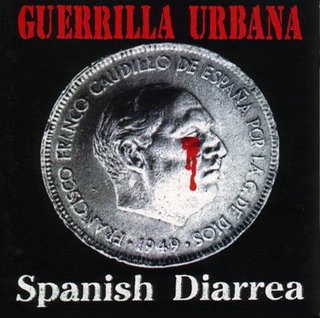ALM. Hi Andy, can you tell us a brief history of the Fear and Loathing Fanzine (why, when, if you are doing it alone, etc).
Andy. The first Fear & Loathing was published in 1989. Before this, I had been contributing to another fanzine called Grim Humour (since 1983) but by that point, GH was getting more into 'experimental' music. I needed a new outlet for the stuff I was writing about punk or hardcore bands, as they didn't really fit-in with GH anymore. Since then, I've pretty-much produced FNL on my own, just because it makes it easier to run it on my own schedule rather than having to rely on other people getting things done on time
ALM. I think all the interviews are done by dictation machine which give better results than e-mail interviews (although it is harder to write down onto paper). How do you arrange interviews with the bands (through bands, booking agents, etc? Have you found problems e.g. bands not showing up, etc?
Andy. Yes, I agree, it's much better to do face-to-face interviews rather than by email, just because it usually ends up as a natural conversation rather than just question-answer-question-answer... Most bands or people are happy to talk about what they have done or are doing, so as long as you can find a way to get in touch with them, it's rarely a problem (and nowadays, with the internet, that's usually a lot easier.) I have sometimes had problems with managers or agents thinking that their 'artist' is too important to speak to a fanzine, but I don't think any band has ever turned down an interview request when I've asked them directly.
ALM. What interviews are you most proud of and which ones are the most disappointing of all that you have done? Have you had any problems while interviewing someone from a band (they didn’t like questions, they weren’t motivated enough, etc)?
Andy. Most interviews are fun, because I try to interview people that I'm interested in, so it's always cool to talk to them and ask about what they're doing, or why they're doing it. I'm a fan, so I like to find out things like that! Sometimes, a band may not have very much to say for themselves, or maybe they are on a busy tour so they're tired when I talk to them, but usually people are happy that someone is interested in what they're doing. The only time I had a really bad experience was when I tried to interview Nick Cave for GH in 1984. When I asked if he would do an interview (after a sound check) he agreed but asked me to come back an hour later as he was just going to eat. I returned as planned but he eventually turned up two hours later and his mood had changed completely. The interview went really badly - I would ask a question and he would just say 'yes' or 'no' and obviously didn't want to talk anymore. I think certain substances may have been involved...
ALM. Seeing all the cover issues of Fear and Loathing Fanzine, I can see the 22nd issue that you announced the farewell… Why did you want to finish with the zine and why did you then continue with it?
Andy. At that time, I used to make an 'end-of-year' mini-issue that just got sent-out to a few people. I always tried to write it on New Year’s day (as there was usually nothing else to do) and I'd just list my favourite gigs and records of the previous year, or write whatever was on my mind. For some reason, on that particular day, I was in a bad mood, so that's what I wrote. I'm sure I meant it at the time but I quickly changed my mind. That's the beauty of writing your own fanzine... you can change your mind whenever you want and there's no-one else involved to tell you otherwise!
ALM. You started when there was no internet, when do you remember hearing for the first time in your life the word “Internet” and do you remember the first time that you used it (for porn, news, music, etc?
Andy. I think I first started hearing about the internet and email from American bands, who all suddenly seemed to have access back at home. But in the UK, it was only just starting to become available to a wider market. At first, most people here only used it at work! I have to admit, I'm not a big fan of computers / technology, so I probably got interested in it pretty late. On one occasion, I went to Amsterdam to see The Descendents (1997?) and a friend took me to an internet cafe to check a website about another gig. That was probably the first time I realised that it could be really useful on a punk rock level.
ALM. If “Video killed the radio start” the internet is finishing the magazines and newspapers… Do you think that internet is killing the fanzines? You have started to put some content on your web site, do you think that it is possible for the internet and paper fanzines to coexist or do you think that sooner or later all or most of zines will be on-line?
Andy. I think a lot of people still prefer reading magazines rather than reading the same interviews or articles online. One of the things I've always liked is buying a fanzine at a gig and being able to read it on the way home. So I don't think the internet is directly 'killing' fanzines. However, the internet has indirectly lead to many small, independent record or book shops closing down, and they were the places that would sell fanzines for you. Also, in recent years, printing costs have increased a great deal, and postal costs are getting horribly expensive. To send one fanzine to America, for example, now costs almost twice as much as the fanzine itself ! So, unfortunately, not as many people will buy the fanzines by mail anymore. That's one of the main reasons why I started
the website,so that people in other countries can still read the interviews and reviews even if they can't buy the magazine. But I've always intended to continue having a printed version of the fanzine as well, just because I prefer real fanzines to webpages (and fortunately, enough people seem to feel the same way, so I can cover the costs!).

ALM. The layout of the Fear and Loathing Fanzine is quite simple. Have you ever thought to improve the design or even to put in coloured pics? For me it is ok like that, however, I’m half blind so, why don’t you at least put the questions in bold?
Andy. I'd love to be able to have colour pictures in the fanzine, but the printing would cost so much more. But I really should try and make the layout a bit more interesting... Good point. I think my biggest problem is lack of time... it can take so long just to transcribe and edit an interview that I don't have enough spare time to concentrate on the layout. Not that I'm unhappy with the way it is, but you should always try to improve things as you go along.
ALM. What are your favorites fanzines from now and the past and from the Uk and abroad?
Andy. At the moment, I always enjoy Failsafe from Nottingham and 4 Minute Warning from Blackpool. Over the years, there are almost too many to mention... Panache was great fun, Vague was always interesting, That Girl (from San Francisco - the same writer, Kelli, also published other zines with different names, but they were always good stuff), Skate Muties From The 5th Dimension, Smashed Hits, Vision On...
ALM. Although you covered all types of punk (old school, anarcho, Oi, hard core, etc), I think you started covering a lot of American Hard Core/Punk bands rather than Uk Punk. It is because you prefer USA punk to Uk punk? Are there any styles inside of punk that you like less than others?
Andy. I think that was just because a lot of good American bands were coming to the UK around that time and there didn't seem to be as many interesting UK bands around. It wasn't deliberate on my part, that's just how it was for me at that time. I'm happy to listen to any great music, regardless of where it comes from.
ALM. What do you think about American punk called “Happy Punk”or the likes of Green Day, Offspring, etc? Do you think it was positive that bands like Bad Religion, No FX (basically Epithaph Records bands) got big in the 90’s? I remember a lot of punks calling them “commercial”, “sell out”, “trendy punk”, etc….
Andy. Charles Bukowski said, 'There's nothing wrong with selling something as long as it's good enough to sell.' If a band is good, you can't blame them for getting popular or successful. Fugazi became very popular, but did it on their own terms and kept their credibility. In the case of Green Day, for example, they always wrote great pop songs and never said that they wouldn't sign to a big label or go on MTV, so I have no problem with the success they achieved. I might not listen to their records now, but that's just down to my taste. However, there were some bands who were happy to go back on what they had previously said in interviews as soon as they got a chance to make more money. But of course, if a band becomes hypocrites, you don't have to carry on supporting them. It's not worth getting upset about it - just ignore the phonies and carry on with your own stuff.
ALM. Can you tell us how did you get involved in Punk? What were your first bands, concerts and fanzines?
Andy. I was 11 years old in 1976 so I wasn't going to gigs, but I started reading about 'Punk Rock' in newspapers and hearing some of the records on the radio. To be honest, I really found out about Punk Rock from Top Of The Pops, as did most of the people who were my age. That was the only way you were going to get to see bands like The Stranglers, The Adverts or the Sex Pistols if you were just a young kid, especially if you weren't living in London. So, that's not the cool thing to say, but it's true. At first, I just liked the energy of the music, but gradually i found out more about the 'politics' and ideas behind the different bands and started to get into that as well. I did see a few local bands playing over the next few years, but my first 'proper' gig was The Stranglers in 1980. Ever since then, I've been hooked on live music.
ALM. Do you listen to any bands that are NOT singing in English? What do you know about Spanish bands or Spanish scene?
Andy. I do try to listen to bands who sing in different languages, but it can be difficult when you don't know what they're singing about. And even if you have a translation, it can be difficult because it may miss out the sense of humour or sarcasm etc. The only Spanish band I'm really familiar with at the moment is Suzi y Los Quattro (who are more Ramones-style, powerpop).
ALM. What are on your opinions on the best books about punk that you have read (autobiographies, essays, guides, etc)?
Andy. It's difficult to say because every book is going to come from the writer's opinion. That's why some books concentrate on the whole Malcolm McLaren / Art School angle, while others just concentrate on the politics or just the music. All of these things were part of it, but not all of it. One of the books I recently read which I really enjoyed was Unknown Pleasures by Peter Hook. He tells his story of Joy Division in such a down-to-earth style that it captures the reality of being in a (punk) band without getting caught up in all the myths. Also, Viv Albertines' biography, Clothes, Music, Boys, is a really great book (even though I was never a big fan of The Slits).
ALM. Brief opinions about:
- The current Misfits: I thought The Misfits were great when they first returned, with Michael Graves on vocals and Doyle on guitar. That line-up were great live and made some good records, but when they disintergrated, it seemed to just become the Jerry Only band, with different musicians every time they tour. Neither the gigs or the records have been that great since then. However, since you sent me this question, it's been announced that there's going to be some reunion gigs in America with Glenn Danzig, Jerry Only and Doyle... I think that might be interesting, but I bet it will be expensive!
- The Exploited: I was never a fan of them and I haven't heard anything in recent years to change my mind.
- Dead Kennedys affaire (Biafra vs the rest of members): It's a pity that it means that we will probably never see Biafra play with the original guys again. I don't know all the details of the case, but it's a shame that it had to go to Court to be resolved.
- Stiff Little Fingers vs XSLF: Again, I don't know all the reasons, but as Henry Cluney was one of the founding members of the band and co-wrote so many of their great songs, he has every right to play them (especially as he also has Jim Reilly in the band.) Someone should knock all of their heads together and get it resolved!
- Vive Le Rock Magazine: I'm glad it's there. It's the only mainstream magazine that's trying to cover punk / rock'n'roll, so it's a good alternative to either NME ar Mojo... We could all find faults in parts of it, but at the end of the day, I'd much rather that you can go into WH Smiths and buy a music magazine that features Johnny Moped instead of U2!
- Rebellion Festival: I've never been to Rebellion, so I can't really comment, apart from the fact that they have encouraged some great bands to play again, and others to tour in the UK for the first time.
- USA hard core bands with Oi influences (Agnostic Front, Cro-Mags, etc): Good for them... as long as they make some good music of their own, that's great.
- Straight Edge: Ian Mackaye wrote the original song about himself and then other people decided to create a 'movement'. I think that punk was always about individuals and your own personal choices, so if people want to be straight edge, that's fine, as long as you don't try to force your choices on other people.
- Pansy Division: I thought their early records were great, good tunes and (mostly) funny lyrics. But as they became a more serious band, I didn't really enjoy what they were doing anymore.
- Toy Dolls: Olga seems to be a really nice bloke, and they're a great live band.
- Conflict: At one point, Conflict were one of the best live bands around, and their records were great. Nowadays, with Colin as the only remaining member in the band, it's a totally different thing and I haven't been impressed when I've seen them. That being said, there are obviously people at their gigs who never saw the origin al band and who will still be inspired by the songs and lyrics, so I think that's a good thing.
ALM. Last words, future plans, etc…
Andy. There's a new printed version of the fanzine (#74) out now (May 2016) featuring interviews with Johnny Moped, The Vibrators, Penetration, Richie Ramone and the Hollywood Brats. Details available on the website!














































































%20-%202.jpg)


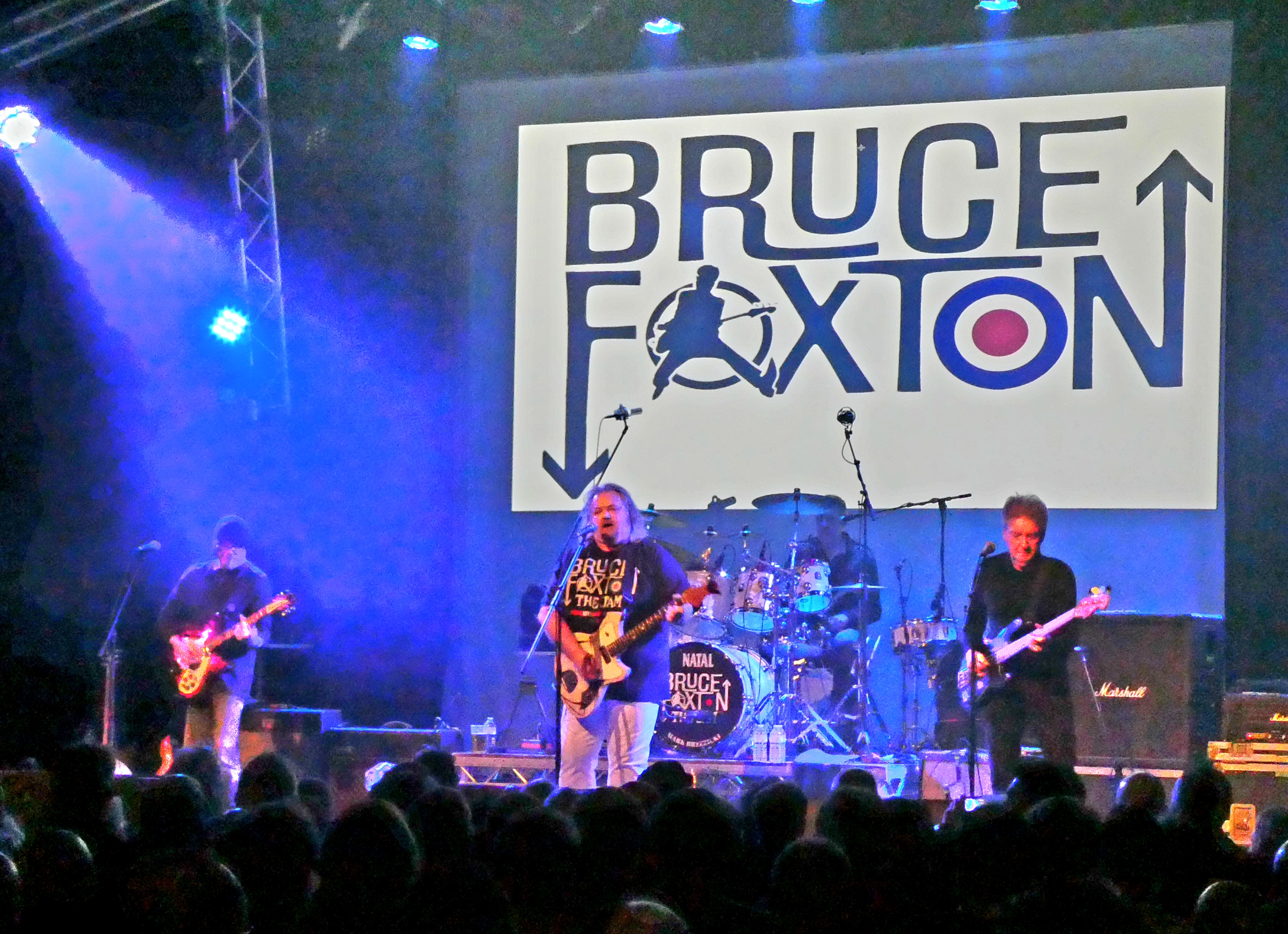
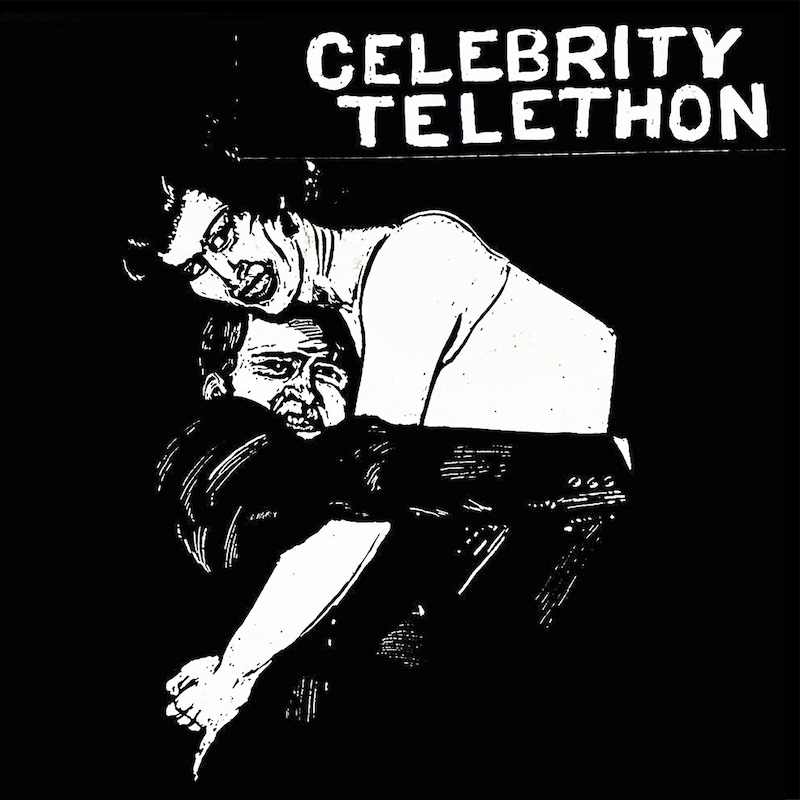













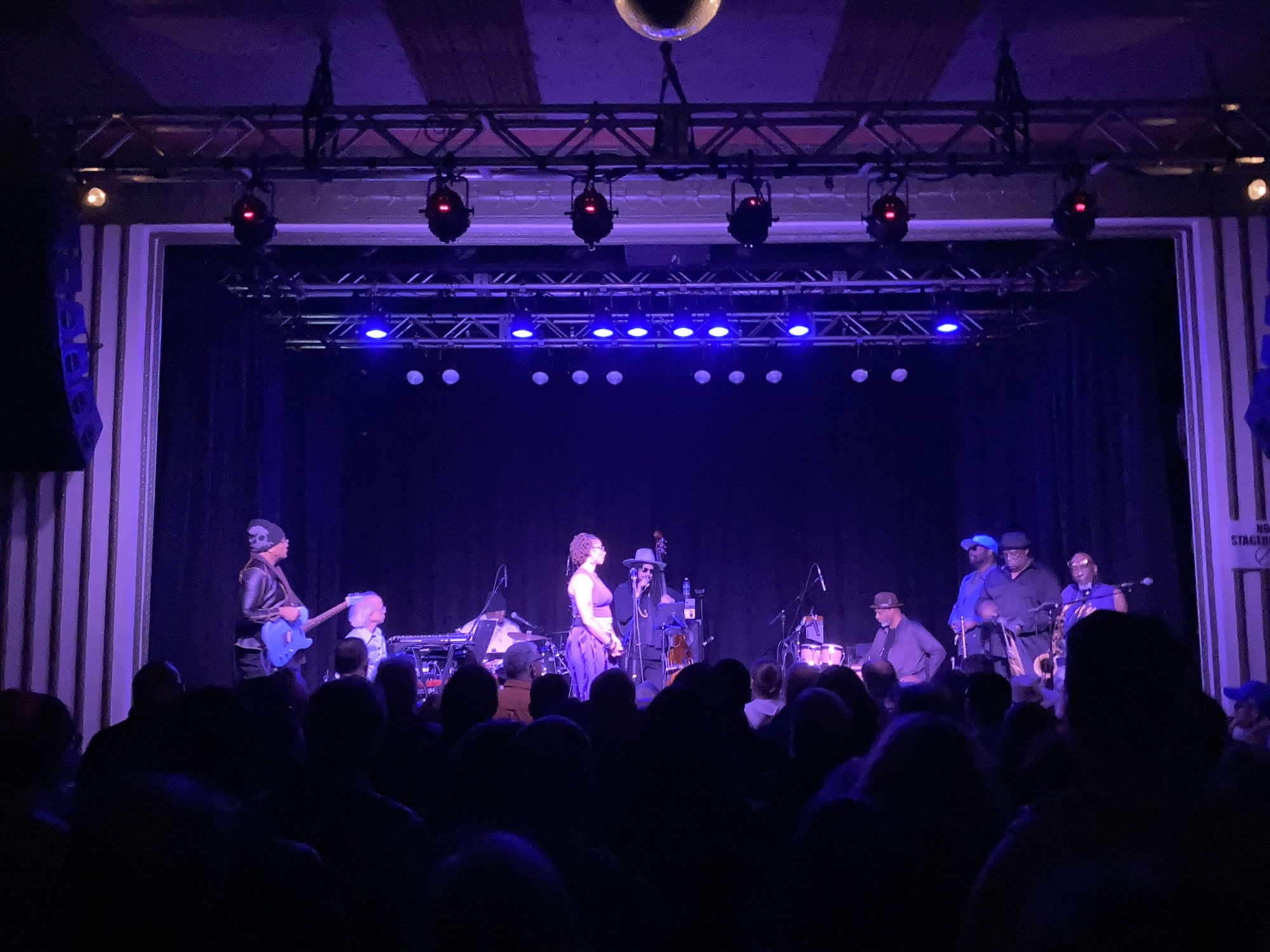





























.jpg)






































.jpg)









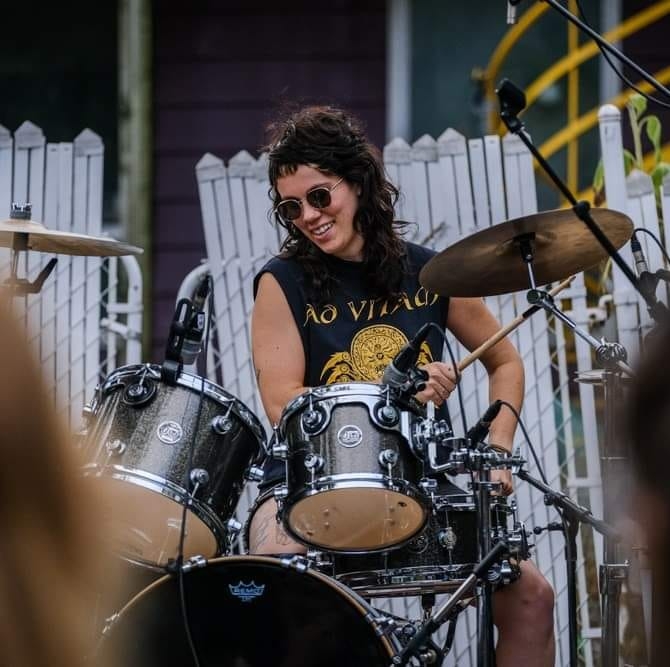


































































































.jpg)


































